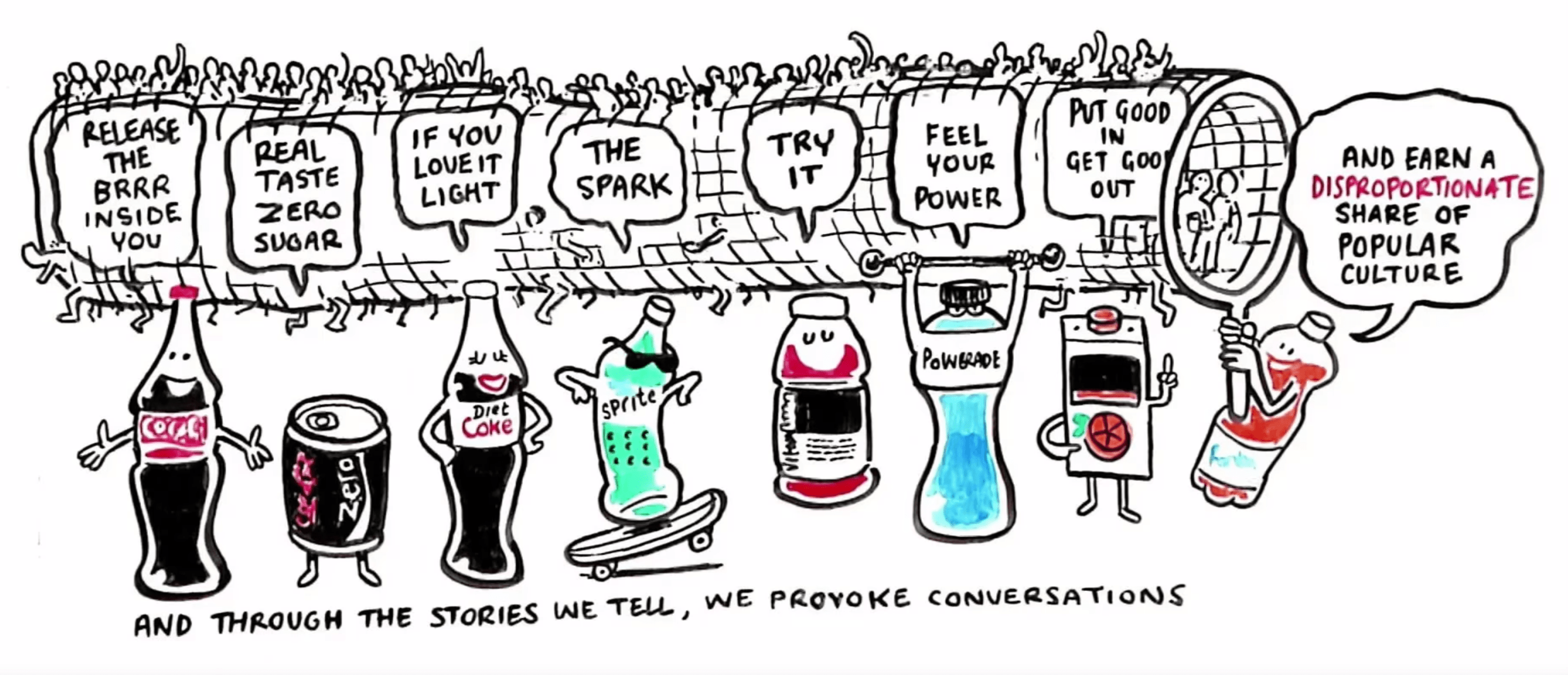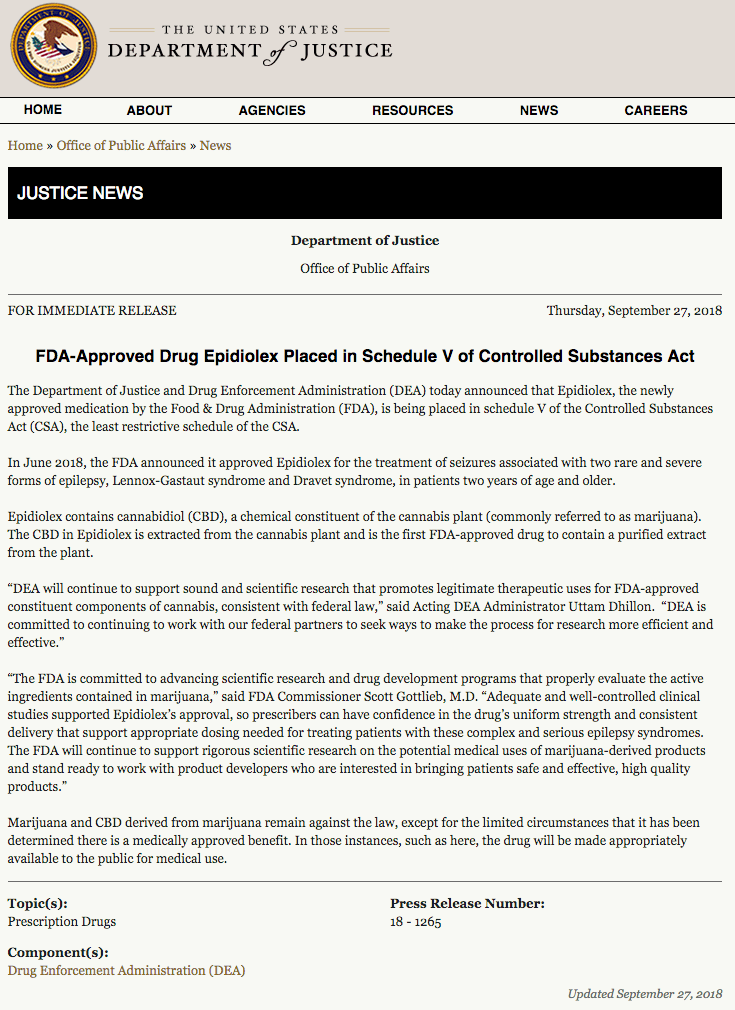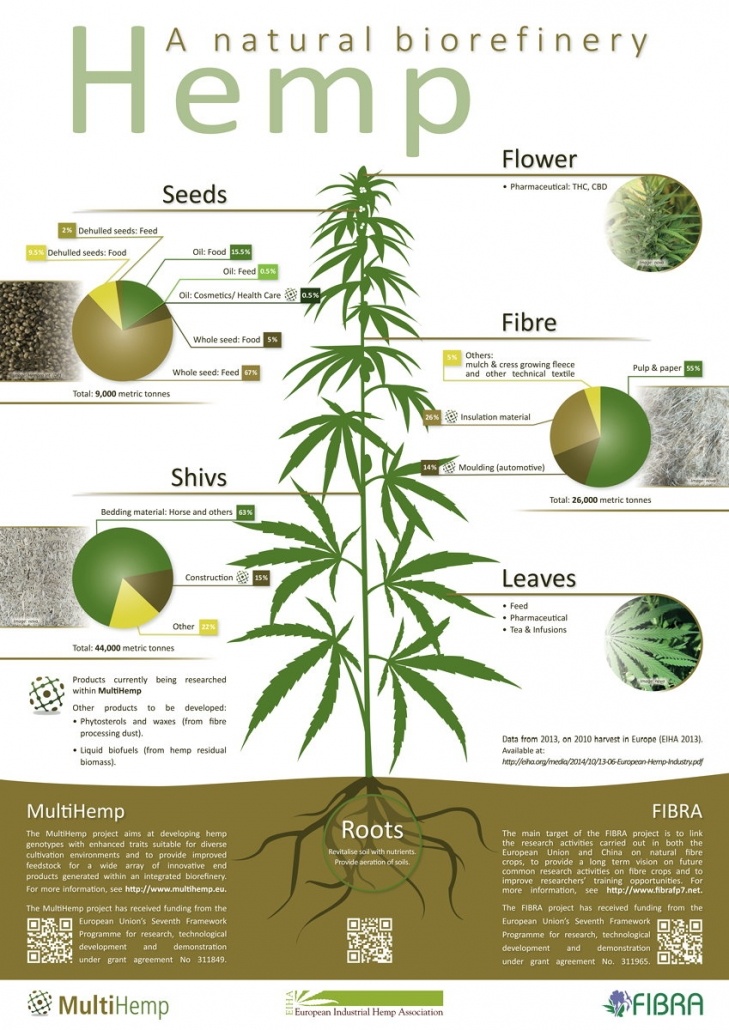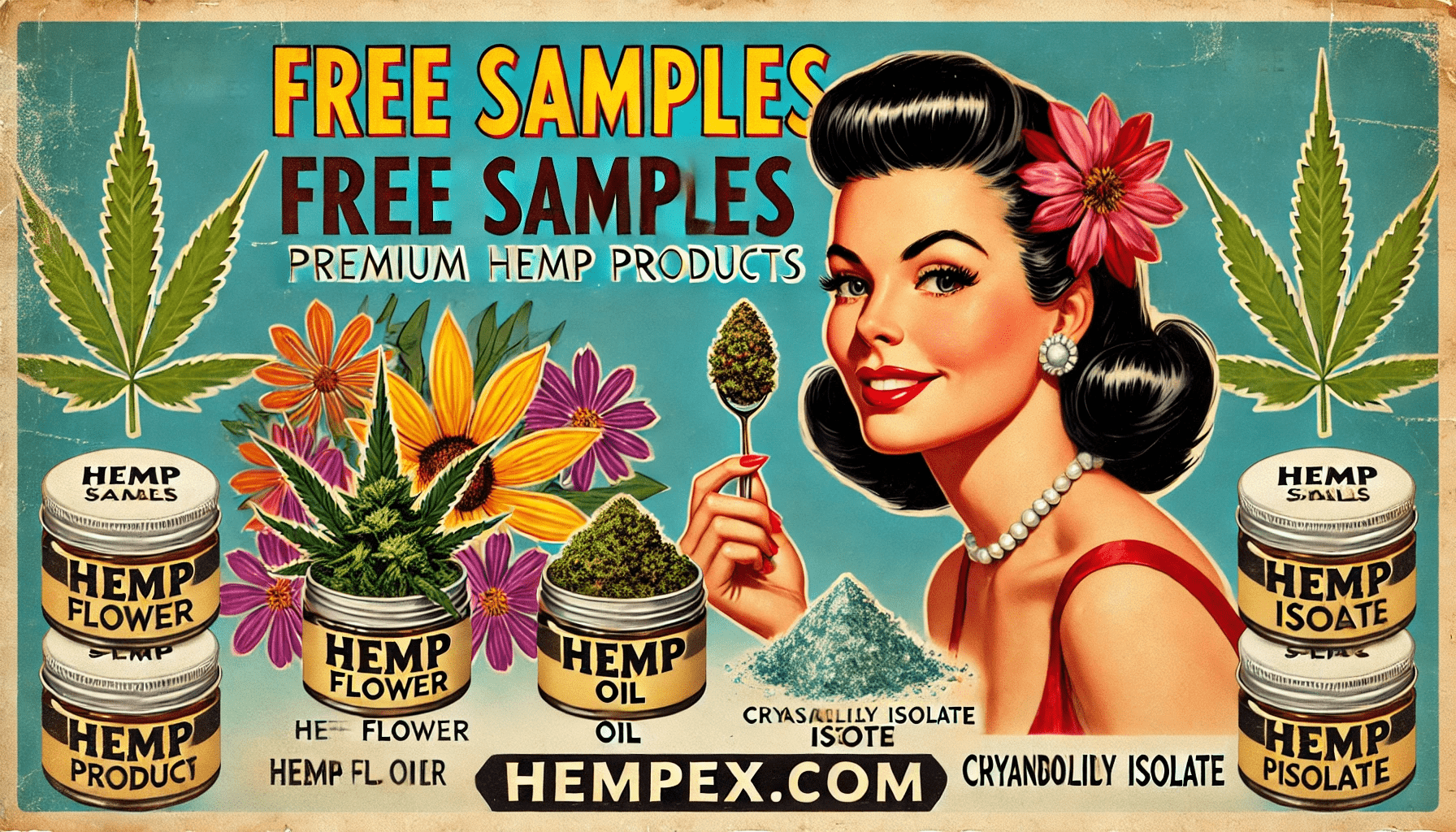Will Coca Cola Become an Infused Beverage Leader?
Coca-Cola is in talks with a major Canadian cannabis company, Aurora about creating a non-psychoactive cannabis-infused health beverage to help it expand into healthier beverages.
Coke isn’t alone, Pepsi, Red bull and other well known brands are planning to incorporate cannabidiol – a cannabis derived compound which has been shown to reduce inflammation, nausea and seizures.
The market for CBD is growing rapidly, and is expected to reach over $20 billion dollars by 2020. If Coke were to leverage their resources to the full they could likely capture a significant proportion of that market – perhaps as much as 10% according to some analyst.
CBD, not Marijuana or Cannabis
While coke is actively exploring the use of CBD, they were quick to distance themselves from cannabis.
“We have no interest in marijuana or cannabis. Along with many others in the beverage industry, we are closely watching the growth of non-psychoactive CBD as an ingredient in functional wellness beverages around the world. The space is evolving quickly. No decisions have been made at this time.” – Source: Inc Magazine. M
Why would Coke want to dive into the CBD world? CBD is the hottest new food, beverage and pharmaceutical ingredient. Coke needs to develop new markets as declines in soda sales erode many of it’s mainstay brands. Becoming a leader in the infused beverage space and piggybacking on the CBD boom while avoiding stigma associated with cannabis would tick a lot of boxes – if they can execute successfully. But there are real challenges to mainstream companies wanting to enter the CBD space.
Coca Cola has sought to address this by going with an obvious contender – one of the largest Canadian Cannabis producers. To an outsider like Coca Cola, this might seem like an obvious move but carries significant risks.
Can Aurora help Coke enter the CBD world?
Aurora is currently the world’s largest cannabis company based on market capitalisation and greenhouse cultivation space, though this metric can be misleading and changes almost monthly with M&A activity.
Coca Cola also held talks with Aphria, another leading firm known for it’s low cost production, but negotiations fell apart.
Both Aurora and Aphria have significant cannabis production, and already have CBD strains – but how ready are the Canadian giants to enter large scale CBD production? The answer is surprising.
For Coca Cola, partnering with a cannabis company (as opposed to a hemp or ingredients company) carries significant cannabis industry exposure risk. Beyond that, there are real challenges in developing any food grade CBD beverage while the industry is still in it’s infancy.
Are Canadian cannabis companies ready for large scale CBD provision for companies like Coca Cola?
To big brands like Coca Cola, Canadian cannabis companies seem like obvious contenders to provide Cannabis-derived ingredients.
The reality is Canadian Cannabis companies have excelled in raising money and growing cannabis, but mostly have little capability in the key components to produce CBD for nutraceutical, pharmaceutical and food grade products. US hemp companies are far more advanced in both cultivation and manufacture of CBD, so by relying on Aurora and Canadian production Coca Cola may be shooting itself in the foot.
Further, hemp extraction for CBD for use in foods and nutraceuticals is still prohibited in Canada, though this will change in a few months. Nonetheless, Canada lacks high quality hemp genetics required to efficiently produce food grade CBD. Canadian hemp has low CBD levels and isn’t grown to maximise CBD production. Canadian Hemp Biomass has low levels of CBD and isn’t grown with the high standards of quality required to produce a medical product.
Coke’s History of Botanically Derived Beverages
This isn’t Coca-Cola’s first foray into the nutraceuticals or wellness beverage market. It already sells coconut water and Powerade which appeal to health conscious and active consumers – breaking away from the traditional soda/softdrink market.
Coca Cola’s best known use of plant botanicals and wellness marketing was for it’s original formula which contained Cocaine from the Coca plant.
Coca Cola – the world’s top infused beverage manufacturer?
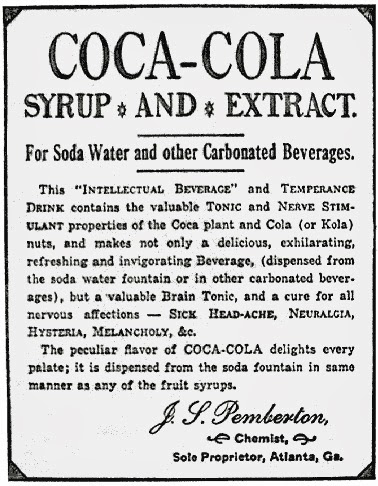
What sort of CBD would Coke Infuse?
Given their statement that they have no interest in hemp or marijuana, it seems likely that Coca Cola would use a CBD API (Active Pharmaceutical Ingredient) such as CBD isolate, rather than using a full spectrum product such a hemp-derived CBD Oil or CBD Distillate. We can be confident they would not use a no-hemp cannabis derived CBD product (such as produced by top Canadian Cannabis companies such as Aurora) because this could not be legally marketed outside the cannabis regulations, and would be illegal for a US based company to handle.
Coca Cola’s Long Term Innovation Strategy Behind CBD Move
Coca Cola’s interest in CBD may seem like a “me-too”, “shiny new thing” move, but is actually grounded in their long term innovation and growth strategy.
Coke’s Growth Playbook – Liquid and Linked
